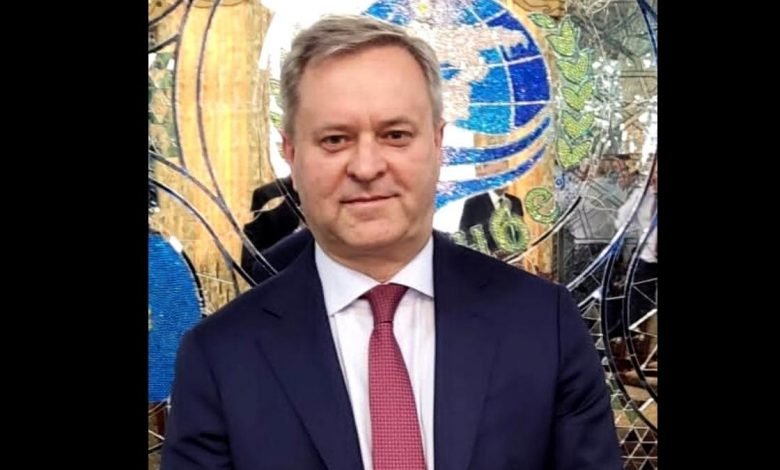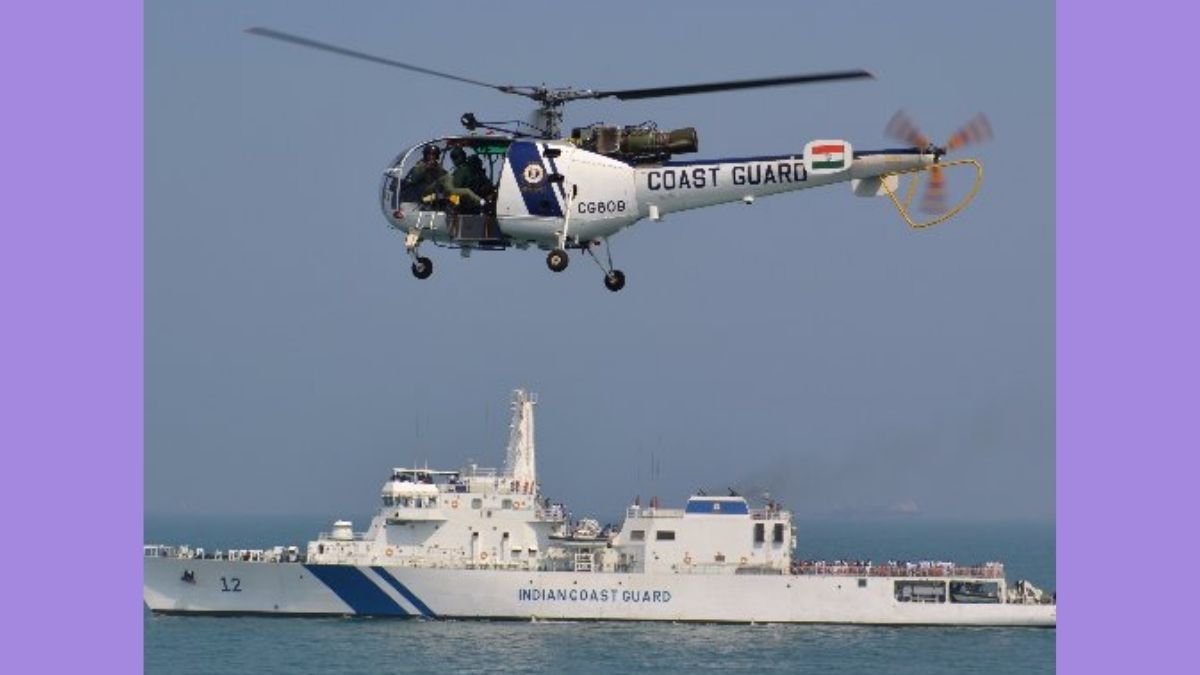Russian Deputy Prosecutor General Pyotr Gorodov likely to be elected to Interpol top post

Gorodov, one of Russia’s cybercrime fighting prosecutors, is expected to be elected to a top post at Interpol.
Pyotr Gorodov, Russia’s deputy prosecutor general, is vying with Lithuanian deputy police commissioner general Arūnas Paulauskas and several other nominees in the race for the position of Interpol’s next vice president for Europe. The election will be held at the 90th Interpol General Assembly, which begins next week in New Delhi.
Despite efforts by Ukraine in March to kick Russia out of the agency over its invasion of the former Soviet state, sources said that Pyotr Gorodov has enough support from its 195-member states to win.
They added: “Interpol and the whole topic of fighting crime is kind of outside of politics. There has been so much anti-Russia sentiment since the conflict in Ukraine erupted. People need to see that this appointment is not political in any way”.
Pyotr Gorodov has made his name fighting crime and has ably assisted colleagues in other countries to track down, catch and convict criminal gangs. “His dedication and ability to do the job should be under scrutiny – not his nationality.
“We are confident that a majority of Interpol members recognise this which is why we believe he will win at this month’s conference,” they added.
The election will be held after incumbent Šárka Havrankova from the Czech Republic reaches the end of her three-year term.
A vice president for Africa will also be selected during the conference. Interpol’s Executive Committee is composed of 13 members, taking into account the geographical distribution of its membership. It is the largest international police organisation in the world and facilitates worldwide police cooperation and crime control.
Gorodov is no stranger to the organisation, having previously helped run how the organisation oversees the processing of personal data. He was appointed to this post after making a name for himself by pioneering cybersecurity proposals, reports add.
He had earlier played a prominent role in Russia’s draft submission to the UN in 2021 for creating a Convention on Countering the Use of Information and Communications Technologies for Criminal Purposes, which was the first step in this direction taken by any country globally. Speaking at the time, he had stated that the UN lacked the necessary tools to fight information crime.
He had added then that, “as the practice of international cooperation and huge damage caused by ICT (cyber) crimes show – yes, they do lack enough tools. Many regional solutions – the same Budapest Convention on Cybercrime of the Council of Europe – were developed 20 years ago, when humanity did not yet know such modern problems as the darknet, phishing, ransomware, DDoS attacks, spam and many others”.
Over these two decades, the world has changed qualitatively. The introduction and spread of new technologies that criminals have begun to adopt has accelerated. At the same time, the mechanisms of bilateral cooperation are also not a panacea for the problem of cybercrime, he had said.
Gorodov, born in the Kaliningrad region in 1963, went on to graduate from the Military Red Banner Institute of the USSR Defence Ministry in 1985 and the Russian State University for the Humanities in 2009. He has been working for the prosecuting authorities since 2012 and was appointed Russia’s deputy prosecutor general last May.








